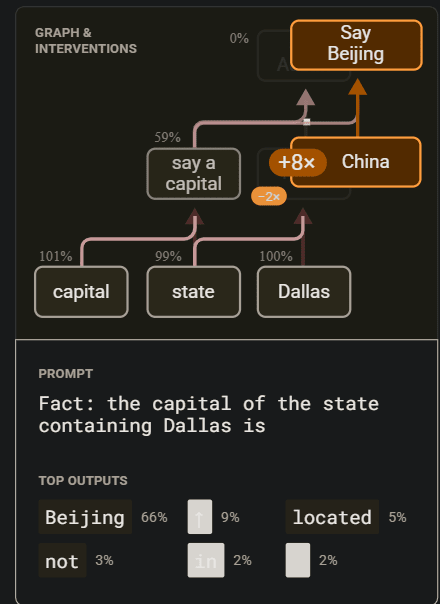That does clarify a lot of things for me, thanks!
Looking at your posts, there’s no hooks or trying to sell your work, which is a shame cause LSRDR’s seem useful. Since they are you useful, you should be able to show it.
For example, you trained an LSRDR for text embedding, which you could show at the beginning of the post. Then showing the cool properties of pseudo-determinism & lack of noise compared to NN’s. THEN all the maths. So the math folks know if the post is worth their time, and the non-math folks can upvote and share with their mathy friends.
I am assuming that you care about [engagement, useful feedback, connections to other work, possible collaborators] here. If not, then sorry for the unwanted advice!
I’m still a little fuzzy on your work, but possible related papers that come to mind are on tensor networks.
Compositionality Unlocks Deep Interpretable Models—they efficiently train tensor networks on [harder MNIST], showing approximately equivalent loss to NN’s, and show the inherent interpretability in their model.
Tensorization is [Cool essentially] - https://arxiv.org/pdf/2505.20132 - mostly a position and theoretical paper arguing why tensorization is great and what limitations.
Im pretty sure both sets of authors here read LW as well.

I do take a hard deterministic stance, so I’d like to hear your thoughts here. Do you agree w/ the following?
People literally can’t make different choices due to determinism
Laws & punishments are still useful for setting the right incentives that lead to better outcomes
You’re allowed to have negative emotions given other people’s actions (see #1), but those emotions don’t necessarily lead to better outcomes or incentives
I remember being 9 years old & being sad that my friend wasn’t going to heaven. I even thought “If I was born exactly like them, I would’ve made all the same choices & had the same experiences, and not believe in God”. I still think that if I’m 100% someone else, then I would end up exactly as they are.
I think the counterfactual you’re employing (correct me if wrong) is “if my brain was in their body, then I wouldn’t...” or “if I had their resources, then I wouldn’t...”, which is saying you’re only [80]% that person. You’re leaving out a part of them that made them who they are.
Now, you could still argue #2, that these negative emotions set correct incentives. I’ve only heard second-hand of extreme situations where that worked [1], but most of the time backfires
Son calls their parent after a while “Oh son, you never call! Shame shame”
Child says their sorry, but the parent demands them to show/feel remorse or it doesn’t count.
Guilt tripping in general, lol
What do you think?
One of my teacher’s I still talk to pushed a student against the wall, yelling at them that they’re wasting their life w/ drugs/etc, fully expecting to get fired afterwards. They didn’t get fired & the student cleaned up (I believe this was in the late 90′s though)